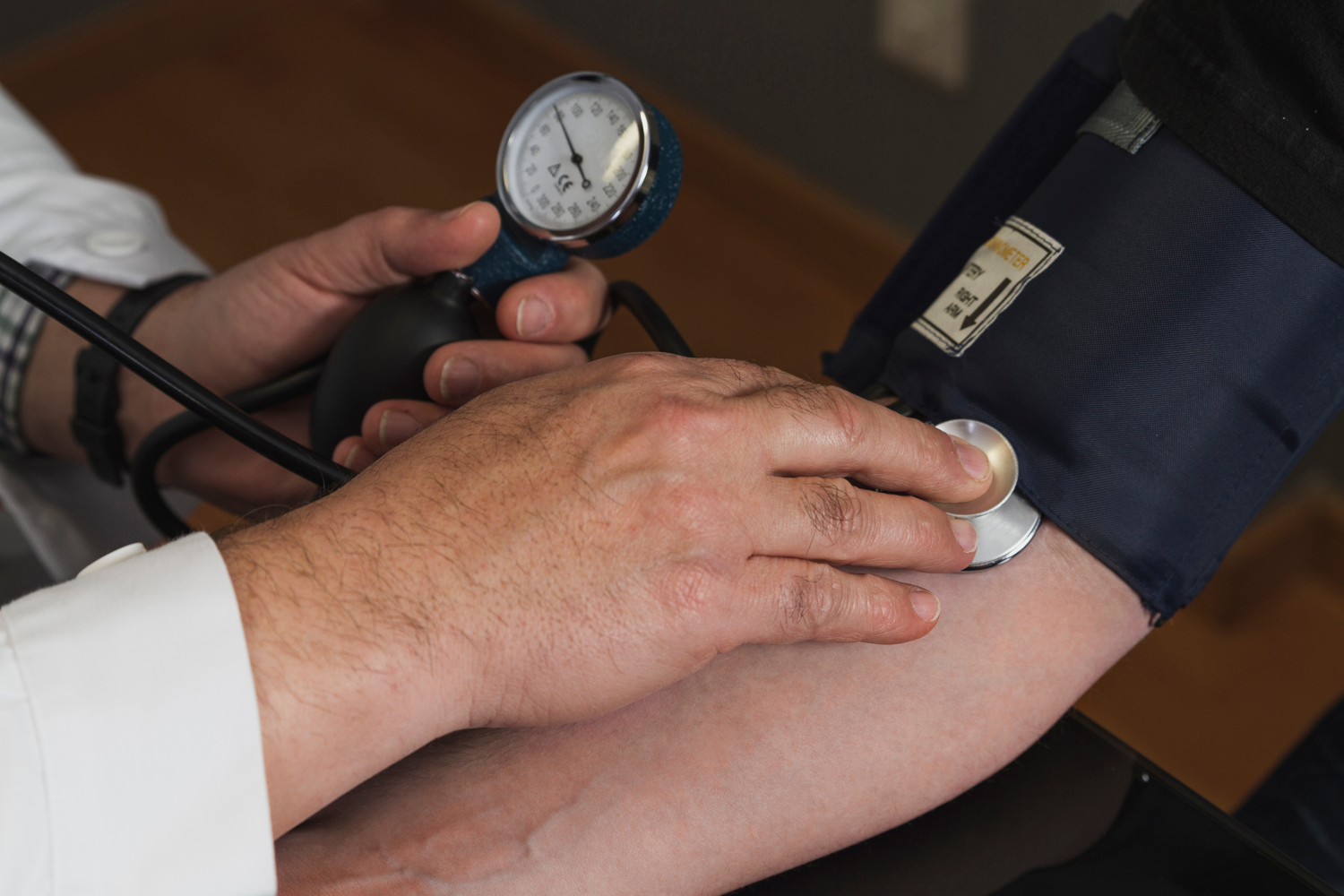More often than not, bedsores indicate carelessness or negligence on the part of the nursing home. Although bedsores can sometimes be unavoidable due to certain medical conditions, they are far more frequently the result of a nursing home resident being left in one position for too long. Remaining in a single position applies constant pressure to certain areas of the body, which prevents blood from flowing to those regions, leaving the skin cells malnourished and without sufficient oxygen, and eventually damaging them.
Seniors living in nursing homes are more vulnerable to skin damage because their skin does not recover as quickly as it does for younger adults or adolescents. Nevertheless, proper care can still prevent bedsores from forming in elder nursing home patients. Nursing homes have a responsibility to care for their residents, whether it means urging them to move or physically repositioning them if they are unable to do so themselves.
Bedsores commonly appear around the shoulders, spine, tailbone, hips, heels, and other areas of the body that are less protected by fat and muscle. As a result, bedsores can sometimes indicate or be caused by malnutrition, dehydration, and neglect. When patients do not receive the proper nutrients or hydration, it can affect their blood flow, the integrity of their skin, and their fat composition, which could otherwise protect vulnerable areas. Furthermore, when patients are left to sit in moist or soiled clothing, it can weaken the skin and cause infections around the buttocks area. This creates an environment that is conducive to the formation of ulcers.

